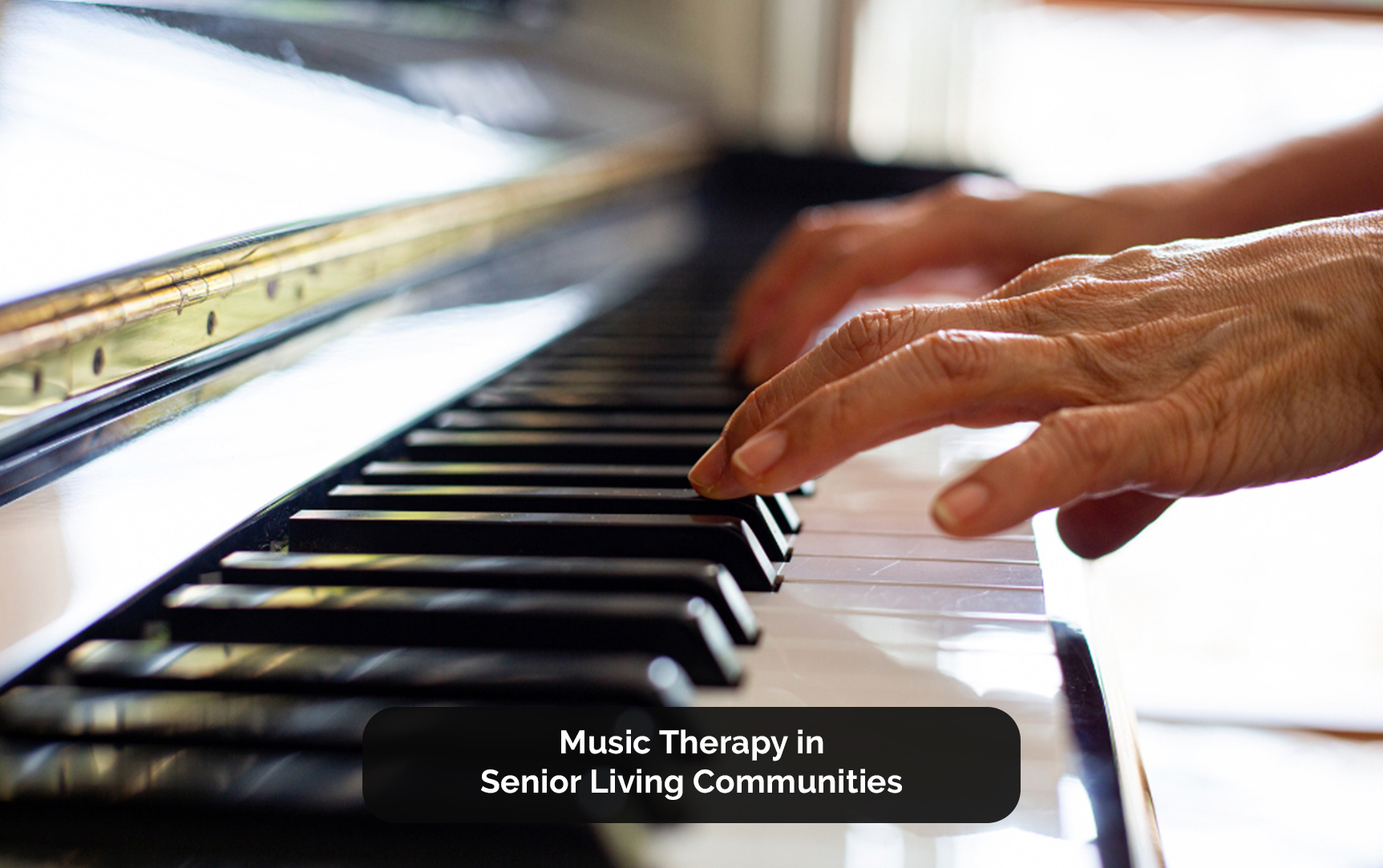
Yes, music therapy has been shown to improve memory recall, reduce agitation, and enhance mood in seniors with dementia by triggering emotional and cognitive responses.
No, music therapy is a structured, clinical intervention led by trained professionals, whereas passive listening to music is a recreational activity that may still offer emotional benefits.
No, not all communities provide formal music therapy. However, many incorporate music-based activities to promote wellness and engagement among residents.
The frequency varies based on individual needs, but participating in music therapy sessions at least once or twice a week can yield significant benefits.
Yes, many music therapy programs encourage family involvement, allowing loved ones to share meaningful musical experiences together.
By incorporating music into senior care, we can create environments filled with joy, connection, and enhanced well-being, making the golden years truly fulfilling.
Ashiana, Ashiana Housing build homes. Homes surrounded by vast green spaces and fresh breeze. Homes cocooned in secured gated complexes. Homes where futures are forged and there are opportunities to grow. And Homes in environments brimming with healthy activity, trust and respect. At heart, we build communities with care.
Other posts by Ashiana
Join 1000+ of fellow readers. Get expert real estate knowledge straight to your inbox absolutely free. Just enter your email address below.